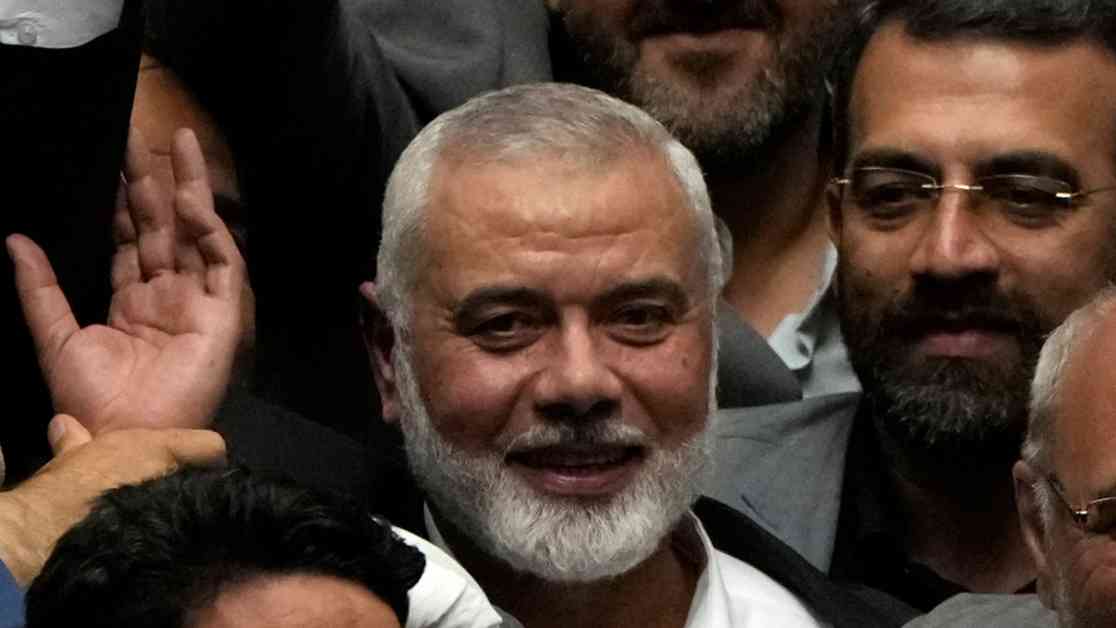The recent death of Ismail Haniyeh, the leader of the political wing of Hamas, has sent shockwaves through the region. While Israel has not officially claimed responsibility for his killing, it is a significant blow to Hamas. Haniyeh was known as the more pragmatic and diplomatic face of the group, leading efforts to negotiate ceasefires and representing Hamas in various Arab capitals.
His assassination will undoubtedly lead to a change in leadership within Hamas, but the organization is structured to handle such transitions smoothly. The killing of Hamas leaders is not unprecedented, with previous leaders like Sheikh Ahmed Yassin and Abdel Aziz al-Rantisi also falling victim to Israeli attacks.
Haniyeh, who was born in a Gaza refugee camp and rose through the ranks of Hamas, led the group to victory in the 2006 Palestinian national elections. However, the international community did not recognize the results, leading to a brief civil war between Hamas and Fatah. This conflict resulted in Hamas taking control of Gaza and Haniyeh’s term as Palestinian prime minister coming to an end.
Despite his popularity within the Palestinian national movement, Haniyeh’s death will likely stall any progress towards a ceasefire in Gaza. While some Gazans hold Hamas responsible for the ongoing conflict, they also acknowledge the challenges that lie ahead in the aftermath of Haniyeh’s assassination.
Israel’s targeting of Hamas leaders, including Haniyeh, underscores the complex and volatile dynamics in the region. The loss of a key figure like Haniyeh will have far-reaching implications for Hamas and the Palestinian cause, as both sides navigate the aftermath of this significant event.












